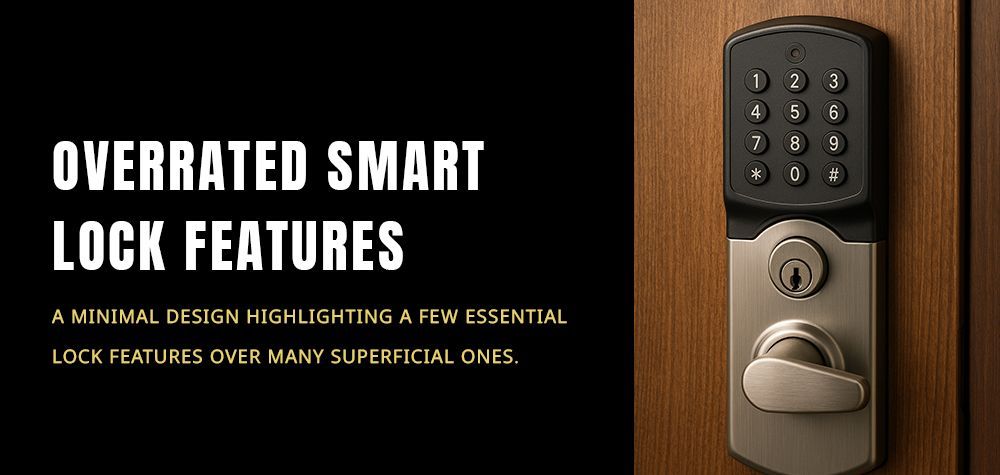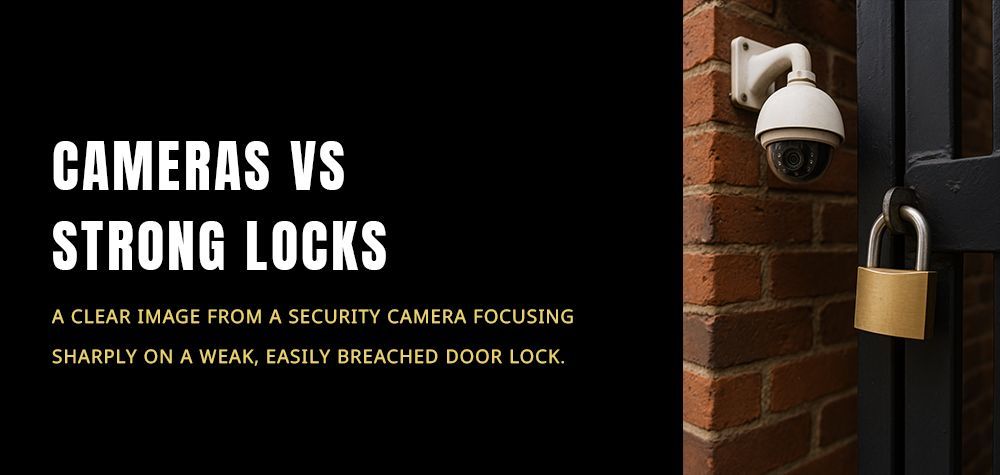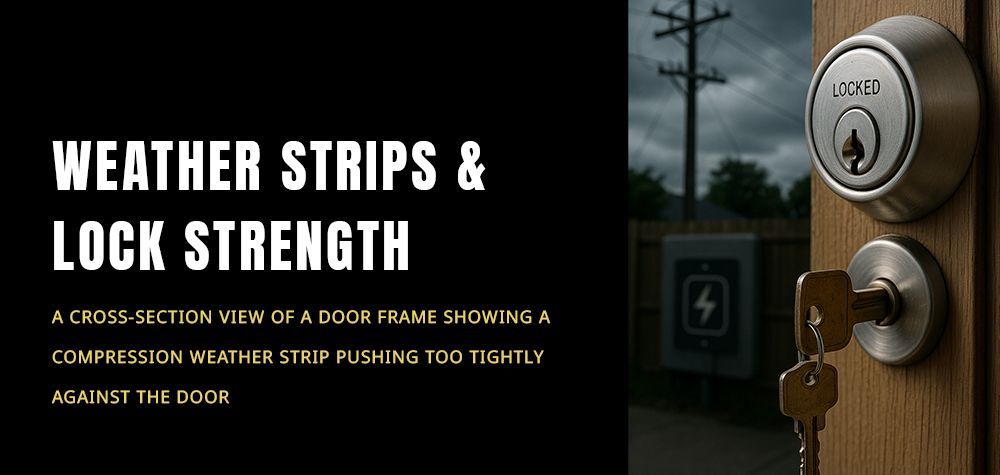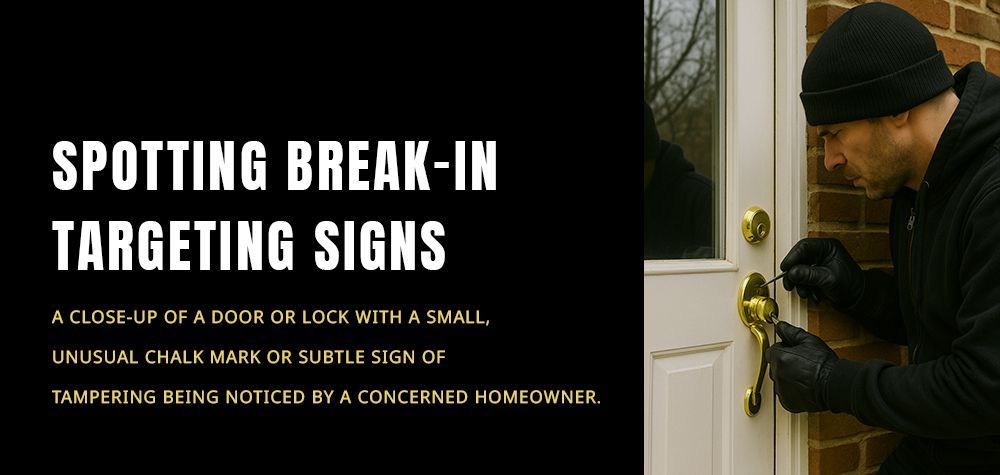How to Find a Trustworthy Locksmith Near You
Finding a reliable locksmith is essential when you're locked out of your home, need to change locks, or require enhanced security. This guide will provide detailed methods to help you find a trustworthy locksmith in your area, with a focus on modern ways to ensure safety, reliability, and professionalism.
1. Check Online Reviews and Ratings
Start by searching for locksmiths on platforms like Google, Yelp, or Better Business Bureau (BBB). Reviews offer real customer experiences and ratings that help you gauge a locksmith’s reliability, skill level, and professionalism.
2. Use Locksmith Directories
Professional locksmith associations, like the Associated Locksmiths of America (ALOA), offer directories of certified locksmiths. These organizations ensure members are licensed and adhere to ethical standards.
3. Social Media and Local Forums
Platforms like Facebook groups, Reddit, or Nextdoor can be valuable resources for finding recommendations and feedback on locksmiths from your local community.
4. Look for Licensed and Insured Professionals
In many states, locksmiths are required to be licensed. Before hiring one, verify their credentials. Additionally, ensure they have insurance in case of accidental damage during the job.
5. Ask for Recommendations
Word of mouth is one of the most reliable ways to find a locksmith. Ask friends, family, or neighbors for recommendations, especially if they've had a good experience recently.
6. Compare Pricing Transparently
A trustworthy locksmith should offer transparent and upfront pricing. Compare quotes from several locksmiths, but be wary of prices that seem too good to be true—they might indicate subpar service or hidden fees.
7. Use Apps and Online Locksmith Services
Modern platforms like TaskRabbit, Thumbtack, or Angi (formerly Angie’s List) can connect you with vetted local locksmiths. These platforms often verify credentials and allow you to read reviews from previous customers.
8. Evaluate Emergency Services Availability
A reliable locksmith should offer 24/7 emergency services, especially for urgent situations like home lockouts. Ensure they can respond promptly and provide reliable service at any time of the day.
9. Ask About Specialized Services
Not all locksmiths provide the same services. If you need something specific—like electronic safe installation, smart lock setup, or automotive locksmith services—ensure the locksmith specializes in those areas.
10. Beware of Locksmith Scams
Scammers posing as locksmiths are a real concern. Some red flags include:
- Locksmiths who refuse to provide a firm estimate.
- Arriving in unmarked or suspicious vehicles.
- Requesting cash payment only or not offering a receipt.
- Asking for a signature before completing the service.
11. Check for Local Physical Presence
Reputable locksmiths usually have a physical business location. If you're unsure, visit or check for a business address online. Having a brick-and-mortar presence is often a good sign of credibility.
12. Verify the Locksmith’s Identity
When the locksmith arrives, ask to see their ID and locksmith license. A reputable professional will also ask for identification to ensure they’re working on the correct property.
13. Get a Written Invoice
Always request a detailed invoice that breaks down the cost of services provided, including labor, parts, and any extra charges. This ensures transparency and can help in case of disputes.
Conclusion
Finding a trustworthy locksmith doesn’t have to be daunting. By following these modern methods, from checking online reviews to using trusted apps, you can ensure you’re hiring a licensed, reliable, and skilled professional. Always be cautious and verify credentials to avoid scams, and don’t hesitate to ask for references or documentation when needed.
DIY vs. Professional Repair: Which is Better for Commercial Locks?
Call Us Any Time!






